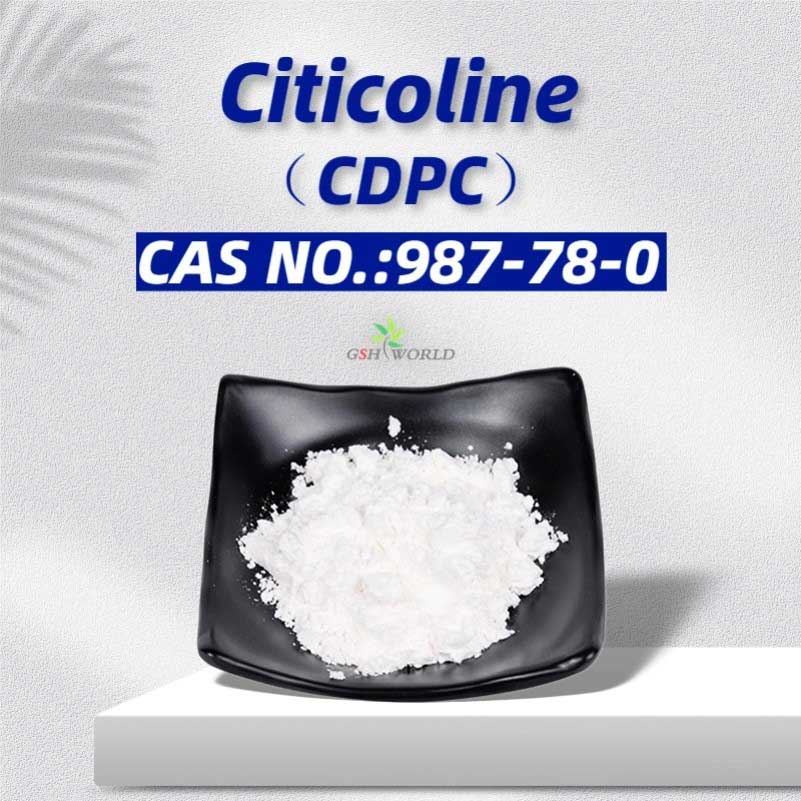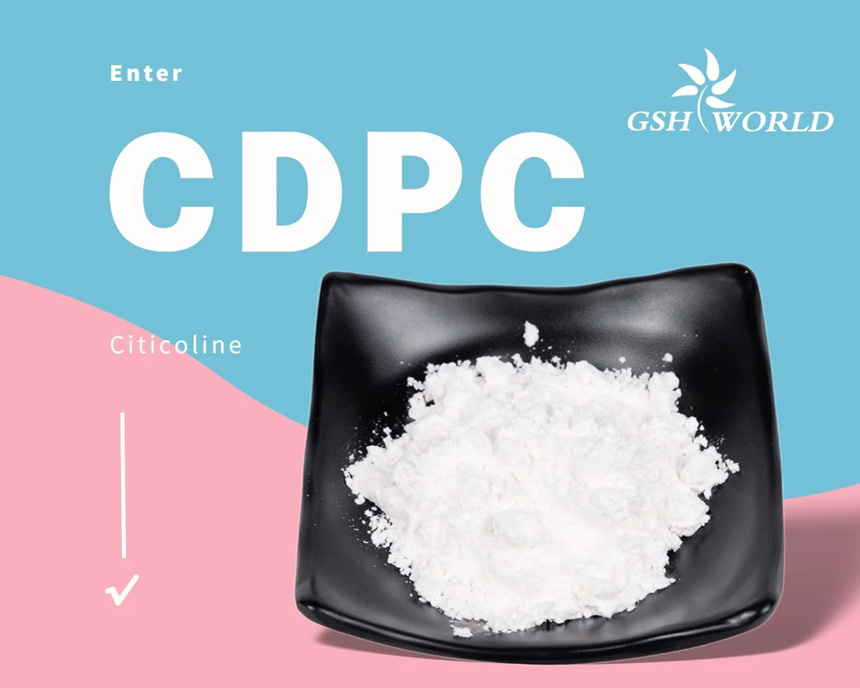Citicoline 3 Major Preparation Methods:
Microbial Fermentation, Organic Chemical Synthesis, And Enzymatic Synthesis
- The first is microbial fermentation. However, this method has problems such as low product concentration and unstable yield.
- The second is organic chemical synthesis. This method is difficult to separate the product from the condensing agent and unsuitable for medicinal use. There are also problems such as low reaction conversion rate, many by-products, high cost, and serious environmental pollution.
- The third method is enzymatic synthesis, which uses microorganisms such as beer yeast mud for biosynthesis. Citicoline enzymatically synthesized using free brewer’s yeast mud cells. The process is simple, the conversion rate is high, and the cost is low. In addition, the production process of enzymatic synthesis can also divided into two parts: the enzymatic synthesis process and the extraction and purification process. For example, the synthesis method involves the reaction of cytosine-5′-diphosphate and ethyleneimine to generate cytosine-5′-diphosphate aminoethyl ester, which is then methylated with methyl iodide. It can also obtained by direct cytosine-5′-phosphate amide and phosphocholine ester condensation.
Citicoline 2 Application Areas of Citicoline:
Drugs And Dietary Supplements

Drugs
Citicoline a single nucleotide composed of nucleic acid, cytosine, pyrophosphate, and choline. It is mainly used clinically to treat various neurodegenerative diseases, such as Alzheimer’s disease, multiple sclerosis, amyotrophic lateral sclerosis, etc. Studies have also shown that citicoline can increase the brain’s uptake of dopamine and glutamate, thereby improving cognitive abilities.
This ingredient can also reduce the release of free fatty acids and restore the activity of mitochondrial ATPase and cell membrane Na+/K+ATPase, thereby alleviating brain damage. However, the pathophysiological mechanisms of neurodegenerative diseases are very complex, involving cholinergic deficiency, glutamate excitotoxicity, neuroinflammation, immune dysregulation, glucose hypometabolism, and blood-brain barrier disruption.
Regarding current applications, citicoline is clinically used in the following aspects.
Consciousness disorder after acute craniocerebral trauma and brain surgery
Cerebral thrombosis, multiple cerebral embolism
shaking paralysis
sequelae of stroke
Insufficient blood supply to the brain caused by cerebral
arteriosclerosis
hypnotics
Carbon monoxide poisoning and various organic encephalopathy
Citicoline Dietary Supplements
Citicoline supplements are generally marketed to help improve functions such as concentration, cognitive ability, and brain health.
In addition, some studies have found that this supplement can also help adolescent men’s exercise speed. Therefore, some supplement products claim that Citicoline can taken before exercise. It strengthens the connection between the brain and muscles, improving athletic performance.



